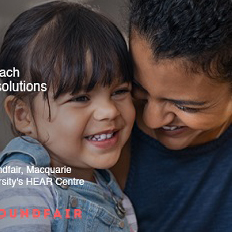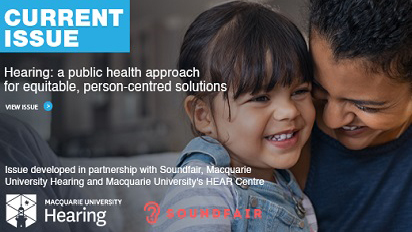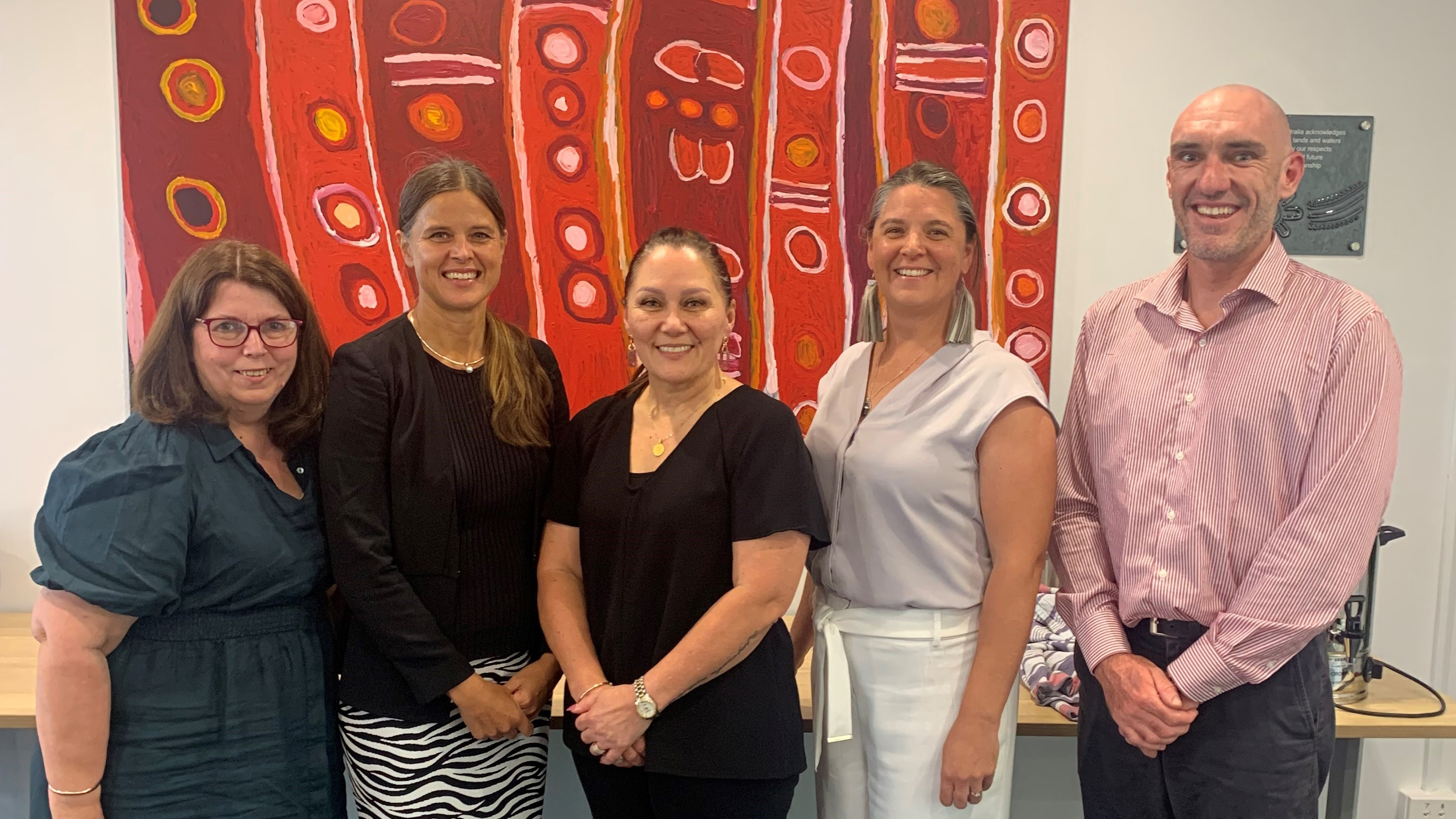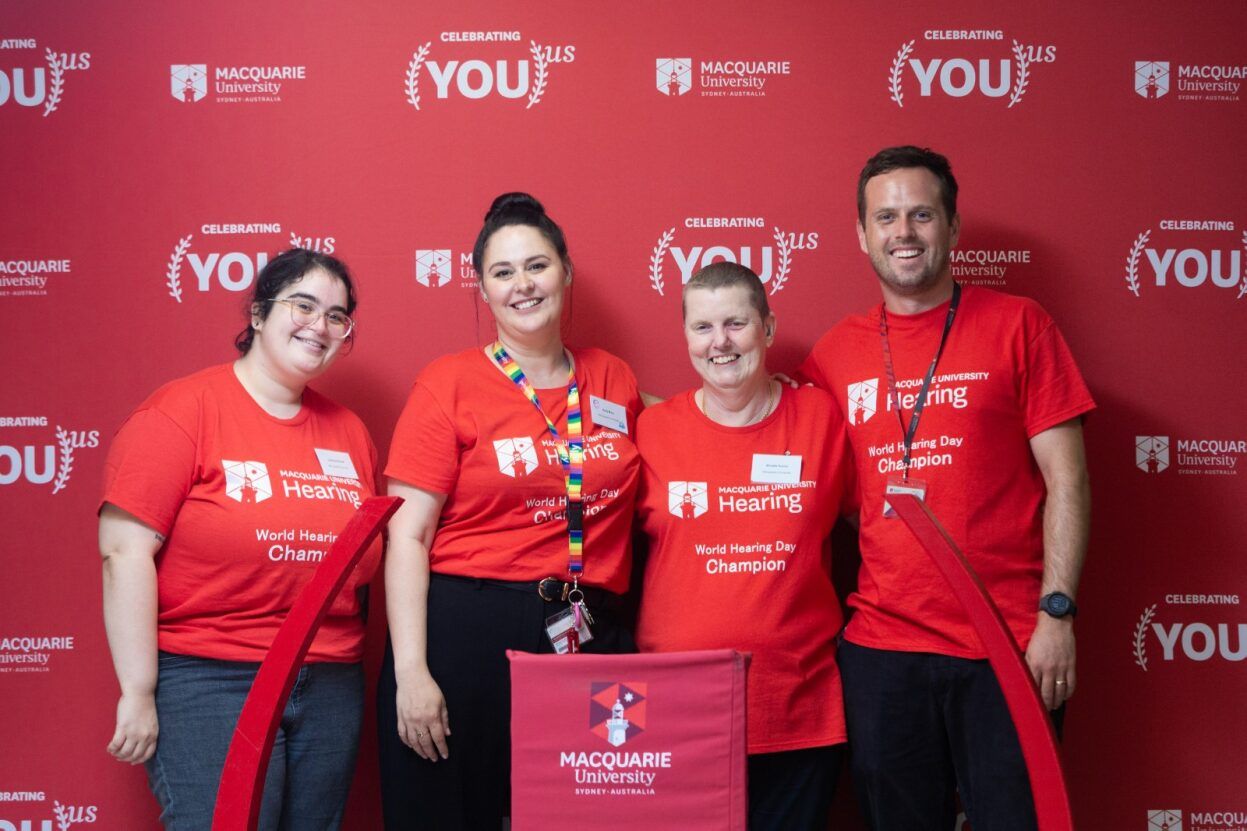Call to action on hearing loss led by HEAR Centre researchers in special edition of Public Health Research & Practice Journal
The special edition journal contains 8 papers that highlight different aspects of hearing health and the need for change in Australia.
“Language and communication are foundational for mental and physical health, social and cultural identity, and prosperous societies” starts the editorial of the special edition journal of Public Health Research & Practice Journal. However Ear Health is not treated as a public-health issue. If it was, then it could change the way many people with hearing loss are diagnosed and treated, and would also create a platform to change public perceptions and societal awareness of hearing loss and Deafness.
The special edition journal contains 8 papers that highlight different aspects of hearing health and the need for change in Australia. Professor Catherine McMahon (Director of HEAR Centre), and Prof Bamini Gopinath (Cochlear Chair in Hearing and Health, and HEAR Centre member) were co-editors, along with Dr Cailtlin Barr and Dr Jessica Vitkovic, from community advocacy organisation SoundFair.
They are calling for a National Action Plan based on the following four pillars:
- Improve the capture and use of contemporary robust data to better understand health and psychosocial impacts as well as risk factors of hearing loss. This will determine where resources should be prioritised to strengthen treatment, support and outcomes.
- Target improvements to the hearing healthcare system to improve access (such as for cultural and linguistically diverse populations), increase affordability, and address biopsychosocial impacts across the life-course and life stage. Participatory approaches, such as co-design, are critical to system design improvements. System changes must precede awareness campaigns, or such campaigns will fail.
- Develop new and strengthen current education campaigns by partnering with people with lived experience in the general community and among health professionals. These should promote self- and societal- prevention and management of ear disease and hearing loss, and escalate society-wide actions to remove accessibility and inclusion barriers.
- Increase linkages between hearing health with other sectors, for example, primary health and social sectors to improve integrated care, and design and engineering to increase the accessibility of built environments.









